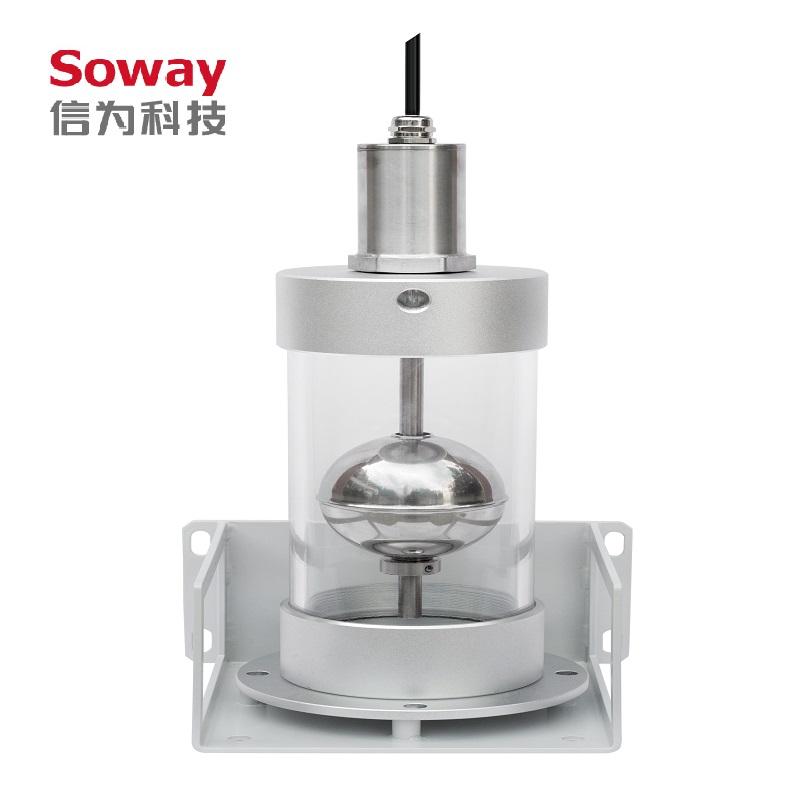Using A Bridge As Laboratory by Deploying Sensors
The Piscataqua River Bridge not only allows people to quickly pass through the Piscataqua River, from Portsmouth, New Hampshire to Kitris, Maine, it can also be used as a laboratory. Now the bridge with many sensors is providing researchers, engineers and the public with daily and health information about the bridge itself and helping to monitor the surrounding environment. View more bridge applications using soway’s hydrostatic leveling sensor with magnetostrictive level gauge, continue float sensor, LVDT level sensor...
“Building a new bridge can cost the community millions of dollars, so we can explore how to do more with bridges than just transport people and goods,” said Irene Bell, chief investigator of the Living Bridge project.
Researchers from the University of New Hampshire installed 40 data sensors on the memorial bridge and parked a floating platform at the dock, which is home to the weather station and sensor library.
These data collectors provide researchers, engineers and the public with up-to-date information on structural performance, traffic patterns, weather conditions, sea level and tide information. The bridge can even get information about the behavior of the tower while lifting the central part to allow the vessel to pass underneath.
“We call it a 'living bridge' because it can 'talk' to us and provide valuable information about its health - the pressure it bears, the extent of its deformation, what is happening around it, even the skin The situation under the Skataqua River," Bell explained. “This bridge is not just about letting us cross the water, it tells us more about the details of the world around us.”
Researchers and engineers will be able to use the data collected to inform the design of future bridges, and they note from the sensors that the Piscataqua River is one of the fastest-moving navigational channels on the eastern coast, and researchers are installing on floating platforms. A tidal turbine to study the feasibility of providing renewable energy projects.
“The exciting thing is that the tides can be very predictable,” said Martin Wosnik of the project. “Unlike solar panels, solar panels are unreliable due to cloudy or bad weather, and the tides are more stable because we can predict the future tides well.”
Information collected from sensors and turbines is being provided to other researchers and forms the basis of the K-12 science project teaching tools. Mobile applications that provide background information about the bridge and its surroundings are also under development.
